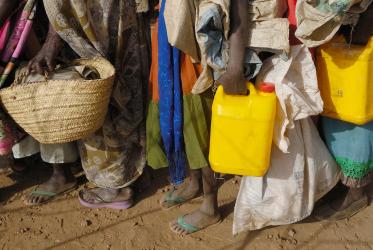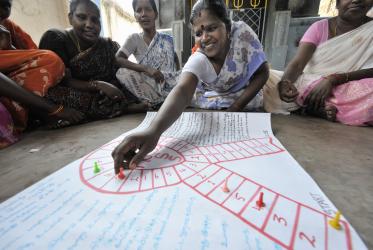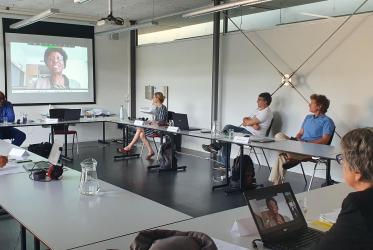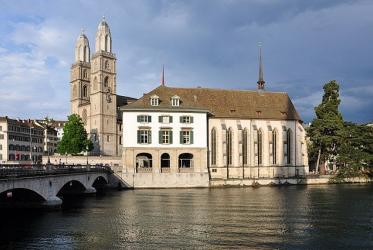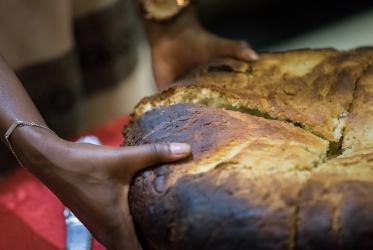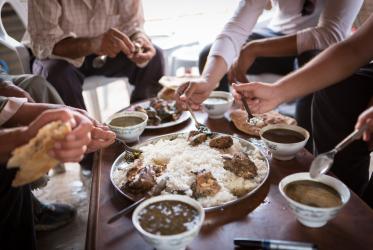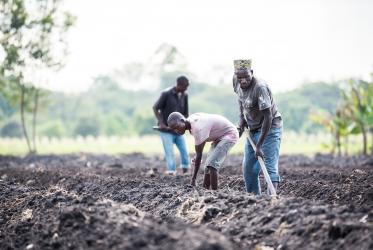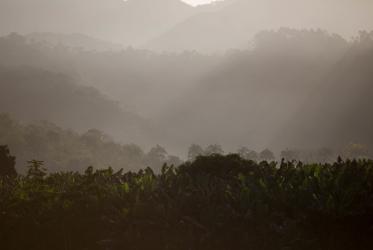Displaying 1 - 20 of 42
28 November 2022
WCC’s Ecumenical Water Network attends Pilgrim Team Visit
30 August 2022
Faith communities vital in overcoming hunger
18 March 2020
On the journey to HIV – bridging gaps, debunking myths
21 February 2019
Seven weeks of Lent highlight water justice in Latin America
12 February 2018
Protect the Amazon, urges WCC statement
22 November 2017
WCC Blue Community implements water changes in the Ecumenical Centre
16 February 2017

